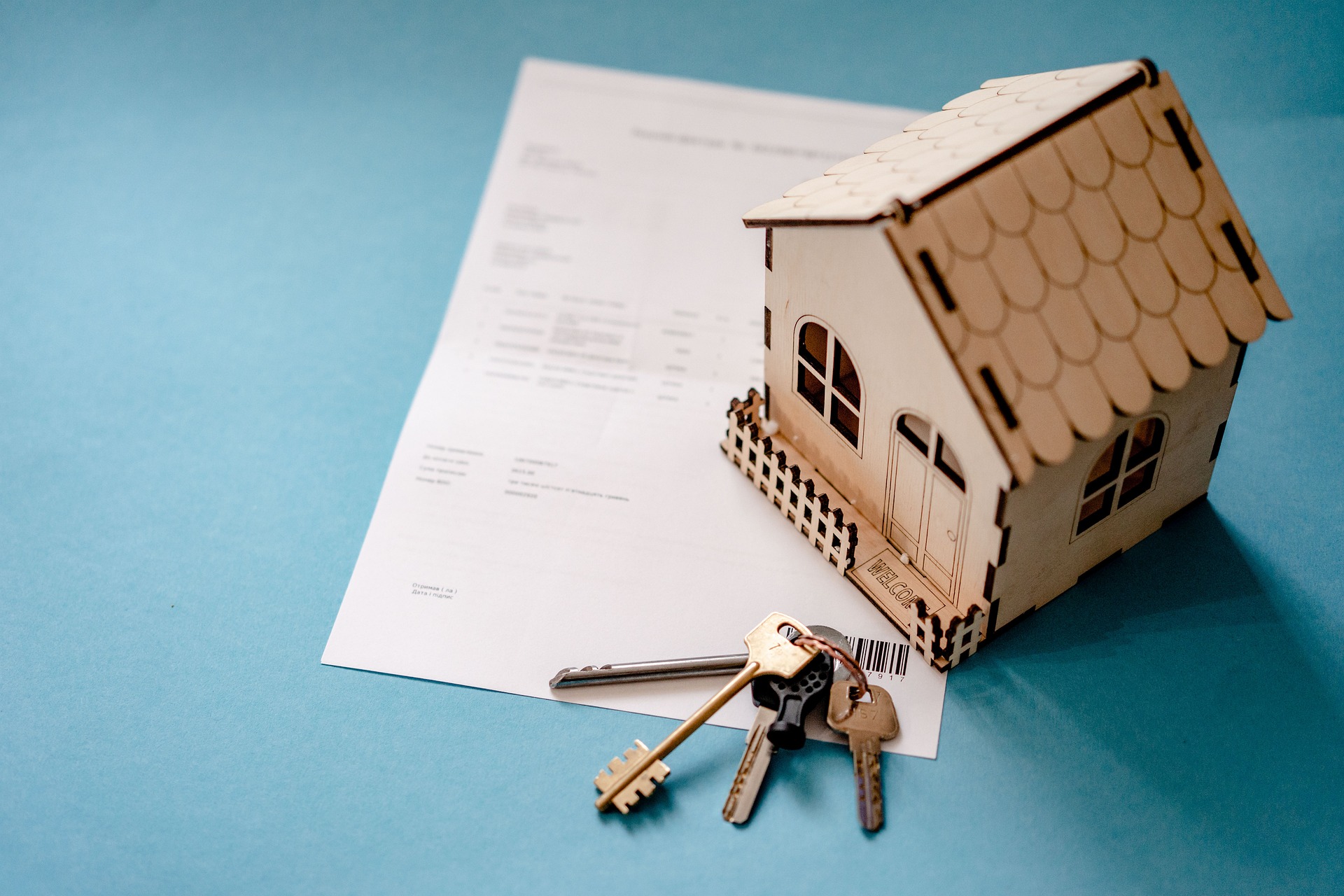The Price Is Right! Or Is it??
In the ever-evolving world of real estate, pricing a property can be a double-edged sword. While sellers naturally want the biggest return possible, overpricing can lead to many pitfalls that can hinder a successful sale. Here’s why it’s important to strike the right balance when setting your property’s price.
Extended Time on Market
One of the most immediate pitfalls of overpricing is the potential for a lengthy listing period. Properties that are overpriced often sit on the market longer than those priced competitively. As days turn into weeks and then months, the initial excitement surrounding the listing can fade. Buyers may begin to wonder what’s wrong with the property, leading to a perception of decreased value.
Buyer Perception and Interest
In real estate, perception is everything. Buyers are often well-informed, using online tools to compare listings and analyze market trends. An overpriced property can quickly become overlooked, as buyers gravitate toward more reasonably priced options. Furthermore, potential buyers may question the seller’s motivation and may even be discouraged from making an offer, fearing that negotiations will be unproductive.
Reduced Negotiation Power
When a property is priced too high, it can reduce a seller’s negotiating power. Buyers typically approach negotiations with their own set budget in mind, and if they perceive a home to be overpriced, they might offer much lower than the seller expects. This scenario can lead to frustration on both sides, potentially resulting in a standoff that could have been avoided with a more reasonable initial price.
Compounding Market Trends
Real estate markets are dynamic and can shift quickly. Overpricing a property can mean missing the peak of market conditions. If the market begins to decline or cool off while a property remains unsold, sellers may find themselves forced to reduce their price significantly just to attract buyers, often settling for much less than they initially sought.
Impact on Future Listings
An overpriced home can also negatively impact future listings in the area. If a home languishes on the market for an extended period, it can create a perception of market stagnation. This may lead other sellers to reconsider their pricing strategies, possibly resulting in a ripple effect that lowers overall market value.
Increased Selling Costs
The longer a property remains on the market, the higher the costs associated with selling. Sellers may incur additional expenses, such as ongoing mortgage payments, property taxes, and maintenance costs. If the property remains unsold for too long, these costs can erode potential profits, making an initially attractive price seem far less appealing.
Risk of Price Reductions
If sellers eventually decide to lower the price after an extended period of inactivity, they may find themselves in a precarious position. Price reductions can signal desperation, causing potential buyers to further question the property’s value. They might assume that there are underlying issues prompting the drop, leading to even lower offers.
Conclusion: The Value of Strategic Pricing
The key takeaway for sellers is that pricing a property appropriately from the outset is crucial. Engaging a knowledgeable real estate agent who understands local market trends and can provide a comparative market analysis is invaluable. A well-priced property not only attracts more potential buyers but also facilitates smoother negotiations, reduces time on the market, and maximizes overall profitability.
In the competitive world of real estate, don’t let the allure of a high price tag cloud your judgment. Remember, the goal is not just to list a property but to sell it efficiently and profitably.

 Facebook
Facebook
 X
X
 Pinterest
Pinterest
 Copy Link
Copy Link
